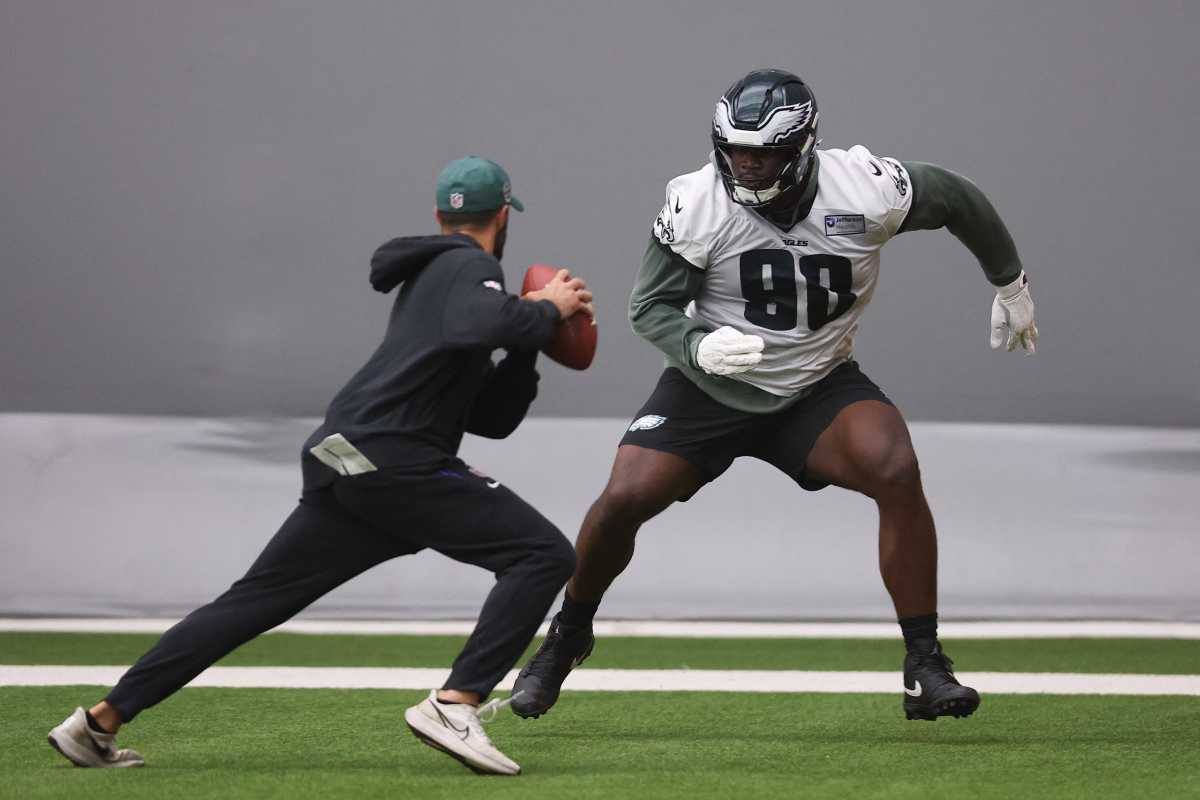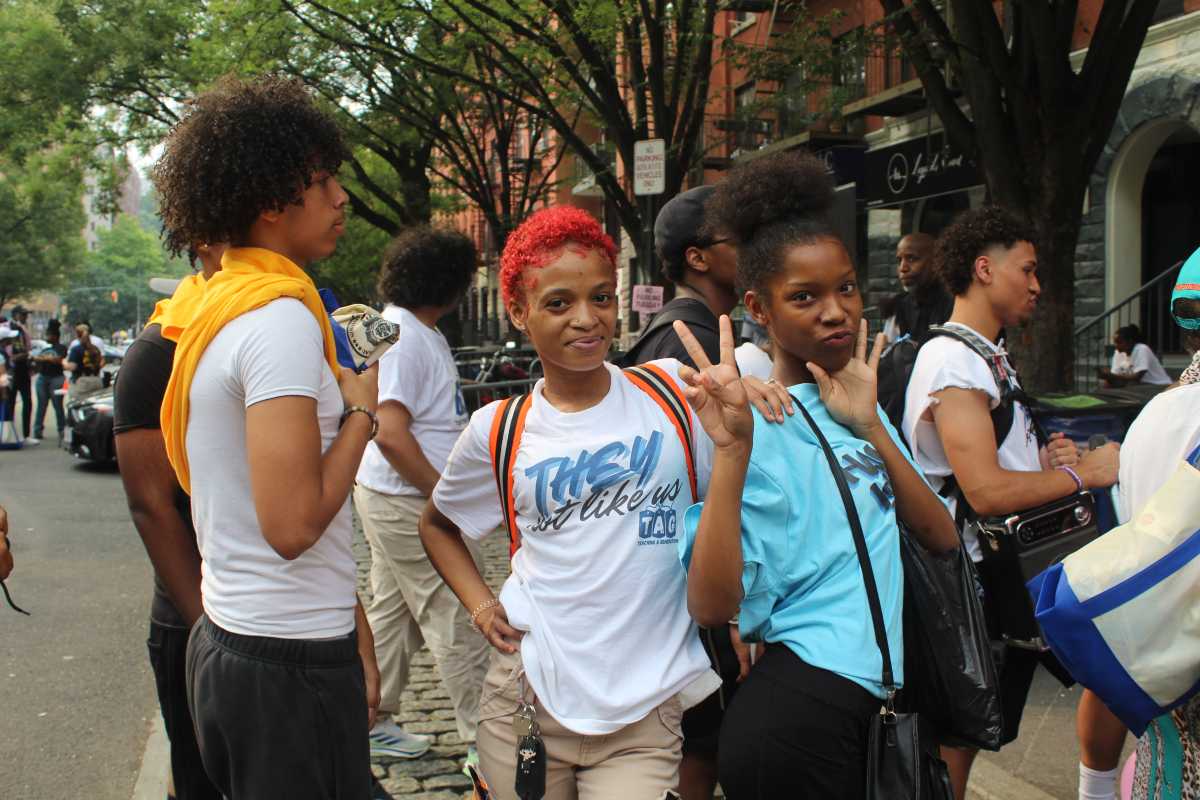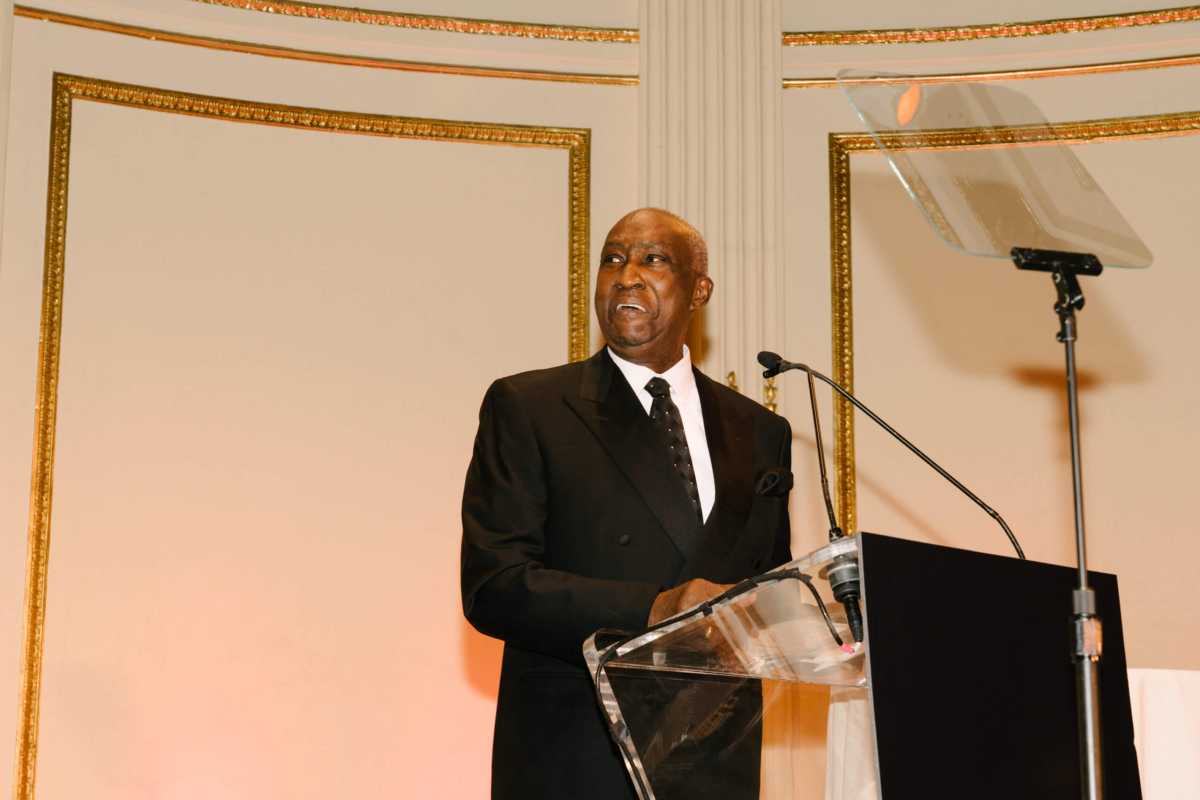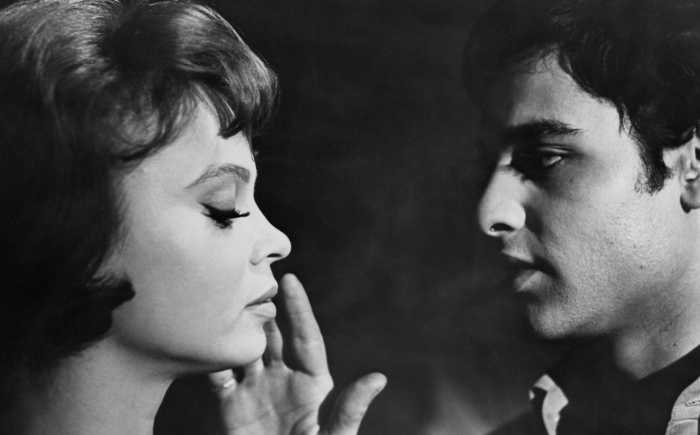Yom Kippur is often described as the most important holiday in the Jewish calendar.
What is Yom Kippur?
Yom Kippur means “day of atonement.” Many Jews who don’t observe other holidays will often participate, according to Judaism 101, and “afflict the soul.”
Yom Kippur is a day to atone for the sins of the past year. “In Days of Awe, I mentioned the ‘books’ in which G-d inscribes all of our names,” according to the website. “On Yom Kippur, the judgment entered in these books is sealed. This day is, essentially, your last appeal, your last chance to change the judgment, to demonstrate your repentance and make amends.”
The amends are only made between God and man. For sins against another person, the person observing the high holiday must seek out and make amends with the person they wronged before Yom Kippur.
Yom Kippur comes on the 10th day after Rosh Hashanah.
How is Yom Kippur observed?
The day of atonement is a complete Sabbath, so those observing the holiday are supposed to refrain from work and fast (food and water) for 25 hours.
Chabad explains: “For nearly 26 hours (in 2017, from several minutes before sunset on Sept. 29 until after nightfall on Sept. 30) we ‘afflict our souls:’ we abstain from food and drink, do not wash or apply lotions or creams, do not wear leather footwear and abstain from marital relations. Instead, we spend the day in synagogue, praying for forgiveness.”
Using cosmetics or deodorant during the holy day is considered anointing the body and is also prohibited.
Pregnant women and children under the age of nine are not allowed to fast.
There are five prayer services at temple on during the 25-hour fast. Services begin in the morning and last until 3 p.m. After a nap (or sitting at home reciting psalms), afternoon and evening services continue until the blowing of the tekiah gedolah, which is a long blast on the shofar.
White is the customary color and some people will wear a kittel, the white robe in which the dead are buried.
A special prayer book called the machzor is used during Rosh Hashanah and Yom Kippur. A post-fast feast is often enjoyed when the day of atonement ends.
When is Yom Kippur 2017?
In the Jewish year 5778 (2017 on the secular calendar), Yom Kippur begins at sunset on Sept. 29 and ends at nightfall on Sept. 30.
Future dates:
Jewish Year 5779 – sunset Sept. 18, 2018 to nightfall Sept. 19, 2018;
Jewish Year 5780 – sunset Oct. 8, 2019 to nightfall Oct. 9, 2019’;
Jewish Year 5781 – sunset Sept. 27, 2020 to nightfall Sept. 28, 2020

























